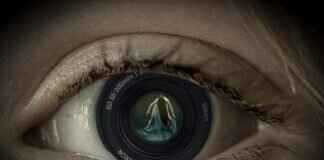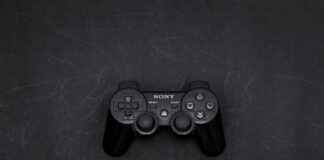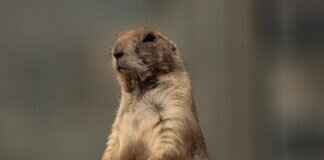This article explores the emerging trends in electric bikes for 2025, examining technological advancements, market growth, and the evolving consumer preferences that will shape the future of e-biking.
- The Rise of Smart Electric Bikes: Smart technology is revolutionizing electric bikes by integrating features such as GPS tracking, fitness monitoring, and smartphone connectivity. These advancements enhance the riding experience and promote user engagement.
- Battery Technology Advancements: Innovations in battery technology, including faster charging and longer-lasting batteries, are essential for the growth of electric bikes, making them more convenient for daily riders.
- Eco-Friendly Manufacturing Practices: Sustainability is becoming a priority in the electric bike industry. Manufacturers are adopting eco-friendly practices to reduce their carbon footprint and appeal to environmentally conscious consumers.
- The Impact of Government Regulations: Government policies and regulations are shaping the electric bike market, influencing everything from safety standards to incentives for consumers, thereby driving adoption rates and industry growth.
- The Growth of E-Bike Sharing Programs: E-bike sharing programs are gaining traction in urban areas, providing an accessible and sustainable transportation option while encouraging more people to experience electric biking.
- Increased Focus on Design and Aesthetics: As competition intensifies, manufacturers are placing greater emphasis on the design and aesthetics of electric bikes, catering to consumers who value style alongside functionality.
- Expansion of E-Bike Infrastructure: The development of dedicated bike lanes and charging stations is crucial for the growth of electric bikes, ensuring safer and more convenient riding experiences in urban environments.
- E-Bikes for Commuting and Leisure: Electric bikes are becoming popular for both commuting and recreational purposes, appealing to a diverse range of riders seeking convenient and enjoyable transportation options.
- The Role of Artificial Intelligence in E-Bikes: Artificial intelligence is set to play a significant role in the evolution of electric bikes, enhancing features like navigation, safety, and user personalization through data analysis.
- The Influence of Social Media on E-Bike Trends: Social media platforms are shaping consumer perceptions and preferences regarding electric bikes, driving trends and influencing purchasing decisions through user-generated content and reviews.
- The Future of E-Bike Accessories and Customization: As electric bikes gain popularity, there is a growing market for accessories and customization options, allowing riders to personalize their bikes to fit their unique lifestyles and preferences.
- Predictions for the E-Bike Market in 2025: Market analysts predict significant growth in the electric bike sector by 2025, driven by technological advancements, increased consumer interest, and a shift towards sustainable transportation solutions.
Conclusion: The future of electric bikes looks promising as innovations and consumer trends continue to evolve. With advancements in technology, a focus on sustainability, and an expanding market, e-bikes are set to become a pivotal part of urban transportation in 2025 and beyond.

1. The Rise of Smart Electric Bikes
The Rise of Smart Electric Bikes
As we move into 2025, smart technology is revolutionizing the world of electric bikes. These innovations are not just about enhancing performance; they are fundamentally changing the way riders interact with their bikes. The integration of advanced features like GPS tracking, fitness monitoring, and smartphone connectivity is creating a more immersive and engaging riding experience.
One of the most significant advancements is the incorporation of GPS tracking. This feature allows riders to monitor their routes, track their distances, and even locate their bikes in case of theft. With real-time navigation, cyclists can explore new routes with confidence, knowing they won’t get lost.
Additionally, fitness monitoring capabilities are becoming increasingly popular. Many smart electric bikes now come equipped with sensors that track heart rate, calories burned, and overall fitness metrics. This encourages a healthier lifestyle by allowing riders to set personal fitness goals and monitor their progress directly from their bike’s interface or through a connected app.
Smartphone connectivity further enhances the user experience. Riders can connect their devices to access navigation apps, receive notifications, and even customize bike settings on-the-go. This seamless integration not only improves convenience but also allows for personalized riding experiences tailored to individual preferences.
Moreover, the rise of smart electric bikes is fostering a sense of community among riders. With features that allow users to share their rides, compete with friends, or join local biking groups, these bikes are not just modes of transportation but tools for social engagement.
In conclusion, the evolution of smart electric bikes is paving the way for a more connected and enjoyable riding experience. As technology continues to advance, we can expect even more innovative features that will enhance safety, fitness, and community engagement, making electric biking an appealing choice for a broader audience.

2. Battery Technology Advancements
Battery Technology Advancements are at the forefront of the electric bike revolution, significantly impacting their usability and appeal. As the demand for electric bikes grows, innovations in battery technology are essential to meet the needs of everyday riders.
One of the most notable advancements in this field is the development of fast-charging batteries. Traditional batteries often require several hours to charge fully, which can be inconvenient for users. However, new technologies are enabling batteries to charge in as little as 30 minutes, allowing riders to quickly power up during breaks or while at work. This convenience is crucial for urban commuters who rely on their bikes for daily transportation.
Moreover, advancements in battery chemistry, such as the use of solid-state batteries, promise to enhance the longevity and safety of electric bike batteries. These batteries not only last longer but also have a lower risk of overheating, making them a safer option for riders. The increased lifespan of these batteries means less frequent replacements, ultimately reducing costs for consumers and minimizing environmental impact.
In addition to faster charging and longer-lasting batteries, manufacturers are also focusing on lightweight battery designs. By utilizing advanced materials, such as lithium-sulfur, battery weight can be significantly reduced without compromising performance. This reduction in weight contributes to a more enjoyable riding experience, as lighter bikes are easier to maneuver and handle.
As these technological advancements continue to evolve, they will play a vital role in making electric bikes more accessible and user-friendly. The combination of fast charging, enhanced longevity, and lightweight designs will not only attract new riders but also encourage existing users to rely on electric bikes for a broader range of activities, from commuting to leisurely rides.
In conclusion, the future of electric bikes hinges on ongoing innovations in battery technology. As these advancements unfold, they will undoubtedly reshape the landscape of e-biking, making it a more viable and attractive option for a diverse audience.

3. Eco-Friendly Manufacturing Practices
Sustainability is rapidly becoming a critical focus in the electric bike industry. As environmental concerns grow, manufacturers are recognizing the need to adopt eco-friendly practices to not only reduce their carbon footprint but also to attract a new generation of environmentally conscious consumers. This shift is not just a trend; it represents a fundamental change in how electric bikes are produced and marketed.
Many companies are now prioritizing the use of sustainable materials in their manufacturing processes. For instance, recycled aluminum and biodegradable plastics are increasingly being used to create bike frames and components. This move not only minimizes waste but also appeals to consumers who are looking for products that align with their values.
Furthermore, manufacturers are implementing energy-efficient production methods. By utilizing renewable energy sources such as solar and wind power in their factories, they significantly lessen their environmental impact. This commitment to green energy is an attractive selling point for consumers who are concerned about the ecological consequences of their purchases.
In addition to materials and energy use, the entire lifecycle of electric bikes is being considered. Many companies are developing programs for recycling old batteries and encouraging consumers to return their used bikes for refurbishment. This not only reduces waste but also fosters a sense of community and responsibility among riders.
As the electric bike market continues to expand, the emphasis on sustainability is likely to grow stronger. Consumers are increasingly seeking products that not only provide personal benefits but also contribute positively to the planet. As a result, manufacturers who prioritize eco-friendly practices will likely gain a competitive edge in the evolving marketplace.
In conclusion, the future of the electric bike industry is intertwined with sustainability. By adopting eco-friendly manufacturing practices, companies are not just responding to consumer demand; they are paving the way for a cleaner, greener future in transportation.

4. The Impact of Government Regulations
The Impact of Government Regulations
Government policies and regulations play a pivotal role in shaping the electric bike market. These regulations influence various aspects, from safety standards to consumer incentives, ultimately driving the adoption rates and fostering industry growth.
One of the primary ways regulations impact the market is through the establishment of safety standards. Governments worldwide are implementing stringent safety requirements for electric bikes to ensure rider safety and minimize accidents. This includes regulations on maximum speed limits, mandatory use of helmets, and requirements for lights and reflectors. As a result, manufacturers are compelled to enhance their designs, leading to safer and more reliable products.
Moreover, government incentives significantly encourage consumers to choose electric bikes over traditional vehicles. Many regions offer subsidies, tax credits, and grants for purchasing electric bikes, making them more affordable for the average consumer. Such financial incentives not only boost sales but also promote a shift towards sustainable transportation.
In addition to safety and incentives, regulations also address environmental concerns. Governments are increasingly recognizing the need for eco-friendly transportation solutions to combat climate change. This has led to policies that support the production of electric bikes and the development of charging infrastructure. As a result, manufacturers are encouraged to adopt sustainable practices, such as using recyclable materials and reducing emissions during production.
Furthermore, as urban areas become more congested, local governments are implementing zoning laws that favor bike lanes and e-bike-friendly policies. This not only enhances the riding experience but also encourages more people to adopt electric bikes as a viable mode of transportation.
In conclusion, government regulations are crucial in shaping the future of the electric bike market. By establishing safety standards, providing consumer incentives, promoting sustainable practices, and enhancing infrastructure, these policies are driving the growth of the industry and encouraging more individuals to embrace electric biking as a practical and eco-friendly transportation option.

5. The Growth of E-Bike Sharing Programs
E-bike sharing programs are rapidly emerging as a vital component of modern urban transportation. These initiatives not only provide a convenient and sustainable mode of travel but also promote the adoption of electric biking among a broader audience. As cities worldwide grapple with traffic congestion and pollution, e-bike sharing systems are gaining traction as an effective solution.
One of the primary advantages of e-bike sharing programs is their accessibility. With strategically placed docking stations, users can easily rent an e-bike for short trips, eliminating the need for car ownership and reducing the carbon footprint. This model encourages individuals to opt for environmentally friendly transportation, contributing to cleaner urban environments.
Moreover, e-bike sharing programs are designed to be user-friendly. Most systems offer mobile applications that allow users to locate available bikes, check battery levels, and even make payments seamlessly. This technology not only enhances the user experience but also fosters a sense of community among riders, as they share tips and experiences.
In addition to convenience, these programs promote health and wellness. By encouraging cycling, they help individuals incorporate physical activity into their daily routines. Studies have shown that regular biking can lead to improved cardiovascular health and overall well-being, making e-bike sharing an attractive option for health-conscious urbanites.
As cities invest in the necessary infrastructure, such as dedicated bike lanes and charging stations, the growth of e-bike sharing programs is expected to accelerate. These developments will further enhance safety and convenience, making electric biking a viable option for more people.
In conclusion, the rise of e-bike sharing programs signifies a shift towards more sustainable urban transportation. By providing accessible, user-friendly, and health-promoting options, these initiatives are poised to reshape the way we navigate our cities in the future.

6. Increased Focus on Design and Aesthetics
As the electric bike market evolves, one of the most significant trends is the increased focus on design and aesthetics. Manufacturers are recognizing that consumers are not only looking for functionality but also for style in their electric bikes. This shift is largely driven by the understanding that a bike’s appearance can greatly influence a buyer’s decision.
With a growing number of brands entering the market, competition has intensified. To stand out, companies are investing heavily in innovative designs that integrate modern aesthetics with practical features. This includes sleek frame designs, vibrant color options, and customizable accessories that allow riders to express their personal style.
Furthermore, the integration of advanced materials such as lightweight aluminum and carbon fiber is becoming commonplace. These materials not only enhance the bike’s performance but also contribute to a visually appealing finish. Manufacturers are also focusing on ergonomics, ensuring that the bikes are not only beautiful but also comfortable to ride.
In addition to aesthetics, there is a growing trend towards eco-friendly design. Many consumers are now prioritizing sustainability, prompting manufacturers to use recyclable materials and environmentally friendly production processes. This not only appeals to the eco-conscious consumer but also aligns with the broader movement towards sustainability in transportation.
As we look towards the future, it is clear that the design and aesthetics of electric bikes will continue to play a crucial role in their adoption. With an increasing number of consumers valuing style alongside functionality, manufacturers who prioritize aesthetics are likely to gain a competitive edge in the market.
| Key Aspects of Design and Aesthetics | Description |
|---|---|
| Modern Aesthetics | Stylish designs that appeal to contemporary tastes. |
| Advanced Materials | Use of lightweight and durable materials for better performance. |
| Eco-Friendly Practices | Incorporating sustainable materials and production methods. |

7. Expansion of E-Bike Infrastructure
The Expansion of E-Bike Infrastructure is a pivotal factor in the growth and acceptance of electric bikes in urban areas. As cities strive to become more sustainable and reduce traffic congestion, the demand for dedicated bike lanes and charging stations is surging.
Creating a comprehensive network of dedicated bike lanes is essential for ensuring the safety of e-bike riders. These lanes not only protect cyclists from vehicular traffic but also encourage more individuals to consider biking as a viable transportation option. Studies have shown that cities with extensive bike lane networks experience higher rates of cycling, which translates to reduced emissions and improved public health.
In addition to bike lanes, the establishment of charging stations plays a crucial role in the convenience and practicality of using electric bikes. Riders are more likely to choose e-bikes for their daily commutes when they know that charging facilities are readily available. This infrastructure supports longer journeys and alleviates range anxiety, a common concern among potential e-bike users.
| Benefits of E-Bike Infrastructure | Description |
|---|---|
| Increased Safety | Dedicated lanes reduce accidents and promote safer riding conditions. |
| Encouragement of E-Bike Use | Accessible charging stations and bike lanes motivate more people to choose e-bikes. |
| Environmental Impact | More cyclists lead to less traffic congestion and lower carbon emissions. |
Furthermore, cities are increasingly recognizing the need for integrated transportation solutions. By combining bike lanes with public transport options, municipalities can create a seamless travel experience. This approach not only enhances the overall efficiency of urban mobility but also promotes a culture of cycling as a norm rather than an exception.
In conclusion, the expansion of e-bike infrastructure is vital for fostering a safe, convenient, and environmentally friendly urban environment. As cities continue to invest in these developments, we can expect to see a significant rise in the adoption of electric bikes, ultimately transforming urban transportation.
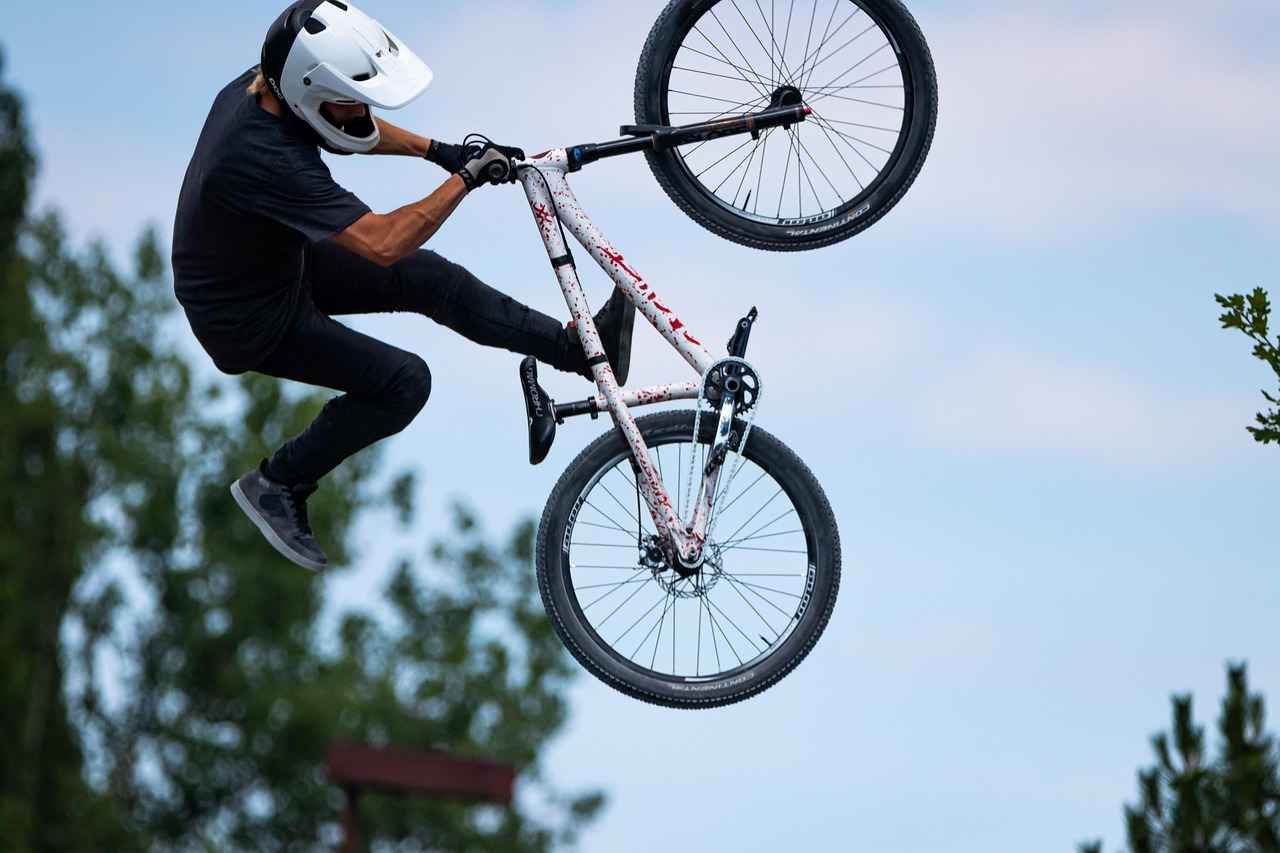
8. E-Bikes for Commuting and Leisure
Electric bikes, commonly known as e-bikes, are rapidly gaining traction as a preferred mode of transportation for both commuting and leisure activities. Their appeal is broad, attracting a diverse array of riders, from daily commuters to weekend adventurers. This growing popularity can be attributed to various factors that enhance the overall biking experience.
One of the primary reasons for the surge in e-bike usage is the convenience they offer. With the ability to cover longer distances without the physical exertion required by traditional bicycles, e-bikes allow riders to arrive at their destinations feeling fresh and energized. This makes them an attractive option for those who might otherwise rely on cars or public transport.
Furthermore, e-bikes are equipped with advanced technology that enhances the riding experience. Features such as pedal assist and adjustable power settings allow riders to customize their experience, making it suitable for various terrains and fitness levels. This adaptability is particularly appealing to those who may be hesitant to ride a conventional bike due to concerns about fitness or stamina.
In addition to practicality, e-bikes also promote a healthier lifestyle. Riders can choose to engage in more physical activity by adjusting the level of assistance provided by the bike, encouraging a balance between exercise and convenience. This aspect is especially beneficial for individuals looking to incorporate more movement into their daily routines.
Moreover, the environmental benefits of e-bikes cannot be overlooked. By choosing e-bikes over cars, riders contribute to reducing carbon emissions and traffic congestion, making them a sustainable choice for urban commuting. As cities continue to develop infrastructure that supports cycling, including dedicated bike lanes and charging stations, the appeal of e-bikes for both commuting and leisure activities is likely to grow even further.
In conclusion, the rise of e-bikes as a favored option for commuting and leisure reflects a shift towards more sustainable and enjoyable transportation methods. With their combination of convenience, health benefits, and eco-friendliness, e-bikes are set to play a significant role in the future of urban mobility.
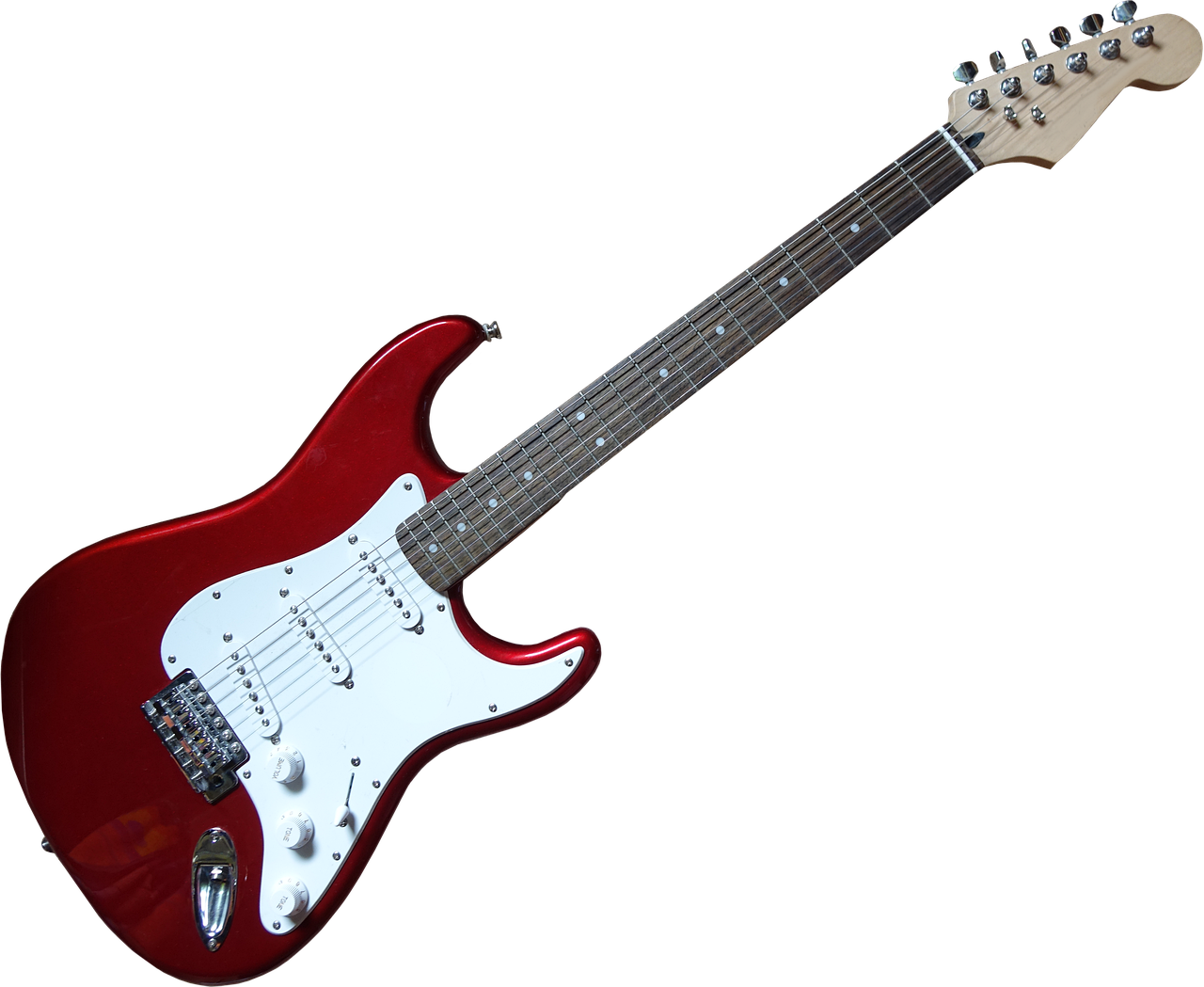
9. The Role of Artificial Intelligence in E-Bikes
The Role of Artificial Intelligence in E-Bikes
As we move further into the digital age, artificial intelligence (AI) is poised to revolutionize the electric bike industry. The integration of AI technologies into e-bikes is not just a trend; it is a significant leap towards enhancing the overall riding experience. Here are some key aspects of how AI is transforming electric bikes:
- Enhanced Navigation: AI-powered navigation systems can analyze real-time traffic data and suggest optimal routes, making commuting safer and more efficient. Riders can receive updates on traffic conditions, weather changes, and even potential hazards along their routes.
- Improved Safety Features: AI algorithms can process data from various sensors on the bike, such as speed, braking patterns, and environmental conditions. This data analysis can lead to features like automatic braking in emergency situations or collision detection systems, significantly increasing rider safety.
- User Personalization: AI can learn from individual riding habits and preferences, offering personalized recommendations for bike settings, such as pedal assist levels and ride modes. This ensures that each rider has a unique experience tailored to their specific needs.
- Predictive Maintenance: By continuously monitoring the bike’s performance, AI can predict when maintenance is required, helping to prevent breakdowns and extend the lifespan of the bike. This proactive approach can save riders time and money in the long run.
- Data-Driven Insights: AI can analyze user data to provide insights into riding patterns, helping manufacturers improve their products and services. This feedback loop can lead to better designs and features that align with consumer demands.
In conclusion, the integration of artificial intelligence into electric bikes marks a significant turning point in the industry. With enhanced navigation, improved safety features, and personalized riding experiences, AI is set to redefine how we think about and use electric bikes. As technology continues to evolve, the potential for AI in e-bikes will only grow, paving the way for a smarter, safer, and more enjoyable riding experience.

10. The Influence of Social Media on E-Bike Trends
In today’s digital age, social media platforms play a pivotal role in shaping consumer perceptions and preferences regarding electric bikes. With the rise of platforms like Instagram, Facebook, and TikTok, user-generated content has become a powerful tool that influences trends and informs purchasing decisions.
One of the most significant impacts of social media is the way it fosters a sense of community among electric bike enthusiasts. Users share their experiences, post reviews, and showcase their rides, which creates a vibrant online ecosystem. This user-generated content not only provides valuable insights to potential buyers but also builds trust, as consumers often rely on the opinions of their peers over traditional advertising.
Moreover, social media campaigns by brands have become increasingly sophisticated. Companies are leveraging influencers to promote their electric bikes, tapping into their followers’ trust and engagement. These partnerships often lead to increased visibility and credibility, making it easier for brands to reach a wider audience.
Additionally, platforms like YouTube and TikTok host a plethora of reviews and tutorials, allowing consumers to see the bikes in action. This visual content is crucial in helping potential buyers understand the features and benefits of various models. As a result, video content has become a critical component of marketing strategies for electric bike manufacturers.
Furthermore, social media trends often dictate the design and functionality of electric bikes. Manufacturers are increasingly paying attention to what consumers are discussing online, leading to innovations that align with current preferences. For instance, if a particular feature gains popularity on social media, companies are likely to incorporate it into their designs.
In conclusion, the influence of social media on electric bike trends cannot be overstated. It shapes consumer perceptions, drives trends, and ultimately influences purchasing decisions through the power of user-generated content and reviews. As we move forward, the relationship between social media and the e-bike market will continue to evolve, making it an essential factor for brands to consider.

11. The Future of E-Bike Accessories and Customization
The Future of E-Bike Accessories and Customization
As the popularity of electric bikes continues to surge, an exciting market for accessories and customization options is emerging. This trend allows riders to tailor their bikes to reflect their unique lifestyles and preferences, enhancing both functionality and style. In this section, we will explore various aspects of this growing market and what it means for e-bike enthusiasts.
- Personalization Options: Riders can now choose from a wide range of accessories, including custom paint jobs, upgraded seats, and unique handlebar grips. This level of personalization not only makes the bike visually appealing but also improves comfort and usability.
- Smart Accessories: The integration of technology in e-bike accessories is on the rise. Features like smart locks, GPS trackers, and Bluetooth speakers are becoming increasingly popular, offering riders enhanced security and entertainment while on the move.
- Utility Enhancements: Accessories such as cargo racks, fenders, and lights are vital for those using e-bikes for commuting or leisure. These additions not only improve functionality but also contribute to a safer riding experience.
- Eco-Friendly Options: As sustainability becomes a priority, many manufacturers are focusing on eco-friendly materials for their accessories. This shift not only appeals to environmentally conscious consumers but also aligns with the overall ethos of e-biking.
The customization of electric bikes is not just a trend; it represents a shift towards a more personalized and engaging riding experience. As riders continue to seek ways to express their individuality, the market for e-bike accessories will undoubtedly expand, offering endless possibilities for enhancement and customization.
Conclusion: The future of e-bike accessories and customization is bright, with a myriad of options available for riders looking to personalize their experience. As technology advances and consumer preferences evolve, we can anticipate even more innovative solutions that cater to the diverse needs of e-bike enthusiasts.
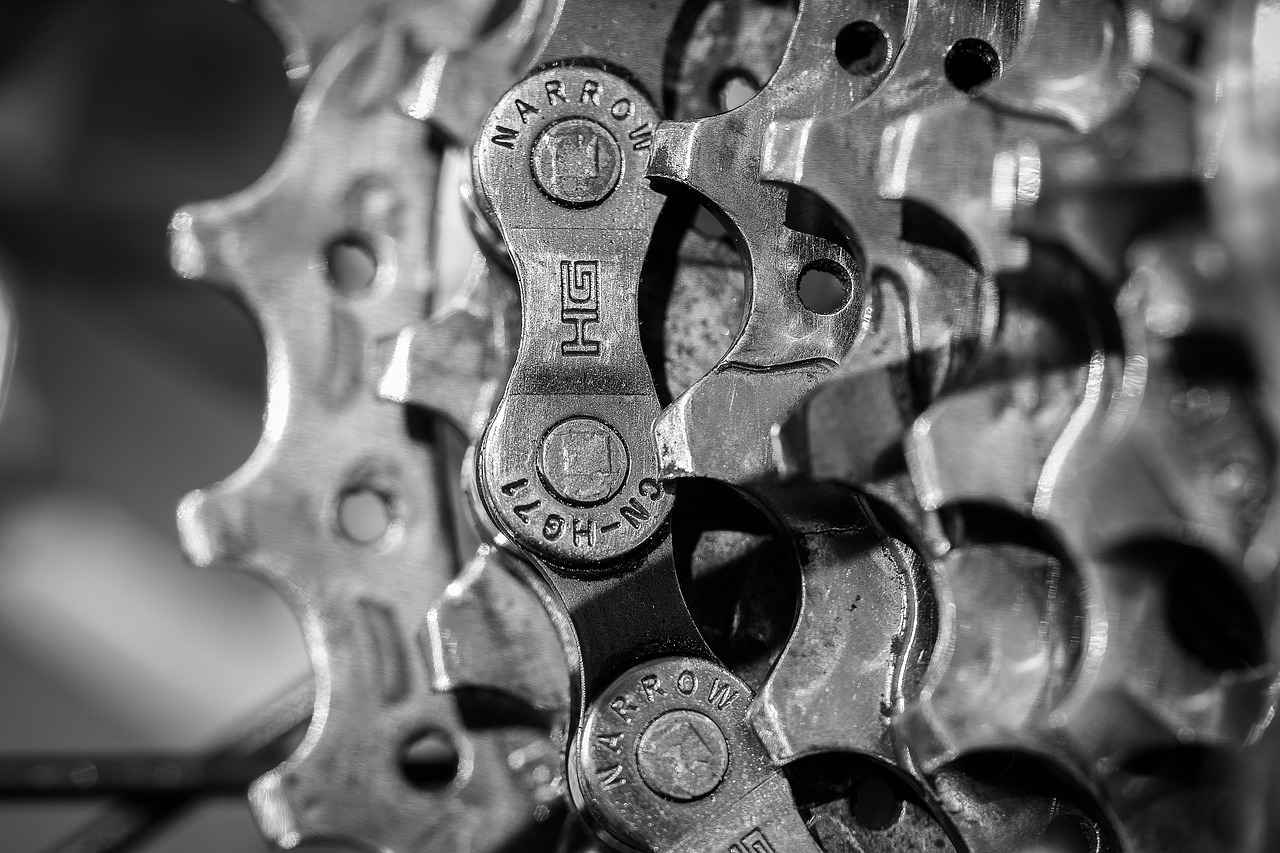
12. Predictions for the E-Bike Market in 2025
The electric bike market is poised for remarkable transformation by 2025, with a plethora of factors contributing to its growth. Market analysts are optimistic, anticipating a surge driven by technological advancements, a notable increase in consumer interest, and a significant shift towards sustainable transportation solutions.
One of the primary catalysts for this growth is the integration of smart technology into electric bikes. Innovations such as GPS tracking, fitness monitoring, and smartphone connectivity are enhancing the overall riding experience. These features not only engage users but also cater to the growing demand for connected devices.
Additionally, advancements in battery technology are crucial. With faster charging times and longer-lasting batteries, electric bikes are becoming more accessible and convenient for daily use. This improvement makes them a practical choice for commuters and leisure riders alike.
Another significant trend is the increasing emphasis on eco-friendly manufacturing practices. As consumers become more environmentally conscious, manufacturers are adopting sustainable practices to reduce their carbon footprint, further driving the appeal of electric bikes.
Government regulations also play a pivotal role, influencing safety standards and providing incentives that encourage adoption. As policies evolve, they will likely enhance the overall market landscape.
Moreover, the rise of e-bike sharing programs in urban areas is making electric bikes more accessible. These programs not only promote sustainable transportation but also allow individuals to experience e-biking without the commitment of ownership.
As competition intensifies, manufacturers are paying greater attention to design and aesthetics. Consumers are looking for bikes that not only perform well but also reflect their personal style.
The expansion of e-bike infrastructure, including dedicated bike lanes and charging stations, is essential for facilitating safer and more convenient riding experiences, particularly in urban environments.
In conclusion, the electric bike market is on the brink of a major evolution by 2025. With technological innovations, a shift towards sustainability, and changing consumer preferences, the future of e-bikes looks promising. Stakeholders in the industry must remain adaptable to these trends to capitalize on the opportunities ahead.
Frequently Asked Questions
- What are smart electric bikes?
Smart electric bikes are equipped with advanced technology that enhances your riding experience. Think GPS tracking, fitness monitoring, and even smartphone connectivity! It’s like having a personal assistant on your ride, keeping you informed and engaged.
- How are battery technologies improving for e-bikes?
Battery technology is evolving rapidly, with innovations focusing on faster charging and longer-lasting power. Imagine not having to worry about your battery dying halfway through your ride—these advancements make e-bikes more user-friendly and convenient for everyday use!
- Are electric bikes environmentally friendly?
Absolutely! Many manufacturers are adopting eco-friendly practices to reduce their carbon footprint. So, when you ride an electric bike, you’re not just enjoying the journey; you’re also contributing to a healthier planet!
- What impact do government regulations have on e-bikes?
Government regulations play a big role in shaping the electric bike market. They influence safety standards and even offer incentives for consumers, making it easier for more people to hop on an e-bike!
- Why are e-bike sharing programs becoming popular?
E-bike sharing programs are popping up in urban areas, offering an accessible and sustainable transportation option. They encourage people to try electric biking without the commitment of buying one, making it a win-win!





